Doha, 16 Rabi’ul AKhir 1437/26 January 2016 (MINA) – As part of its public lecture series intended to create a bridge between scholars of science and technology fields in the Middle East and Islamic World, Qatar National Library (QNL) is organizing a lecture on ‘The History of Science and Technology in the Middle East and Islamic World’.
The two-hour QNL public lecture will be held on February 1 at Georgetown University in Education City, International Islamic News Agency (IINA) quoted by Mi’raj Islamic News Agency (MINA) as reporting.
The lecture, which will be presented by Ahmed Ragab, Professor of History of Science from the Science, Religion and Culture programme at Harvard University, USA, will highlight the golden age of Islamic sciences, the narratives of decline and Science and Technology in the modern Middle East and Islamic World.
Ragab is the Richard T Watson Assistant Professor of Science and Religion at Harvard Divinity School, affiliate assistant professor at the department of the history of science, and director of the Science, Religion and Culture programme at Harvard Divinity School.
Also Read: UNIFIL Reports Over 7,300 Israeli Violations of Lebanese Airspace Since Ceasefire
Ragab’s work spans various fields and disciplines. He studies the history of science and medicine, science and religion and the development of cultures of science and cultures of religion in the Middle East and the Islamic World. He also studies various questions related to science and religion in the US with a focus on US Muslim communities.
His research on the history of science, medicine and culture in the Islamic world includes history of medieval Islamic hospitals.
In his most recent book projects, Ragab investigates the history of prophetic medicine, the medieval as well as the modern Islamic world.
Prophetic medicine is a body of literature that collects sayings by Prophet Mohammad (peace be upon him), which included medical and health-related pronouncements and advice.
Also Read: Russia Condemns UN Gaza Resolution, Says It Contradicts Palestinian Statehood
In another book project, Ragab investigates the development of views on science and Islam from the early 19th century. The project looks at how debates on science and Islam coincided with the introduction of modern science in the region and allowed for recasting the meanings of both scientific and religious knowledge.
Ragab explains the historicity of the relationship of science and Islam and the role played by the coupling of science-and-Islam in the formulation of new scientific discourses in the region. (T/P006/R07)
Mi’raj Islamic News Agency (MINA)
Also Read: Israeli Airstrike on Palestinian Refugee Camp in Lebanon Kills 13





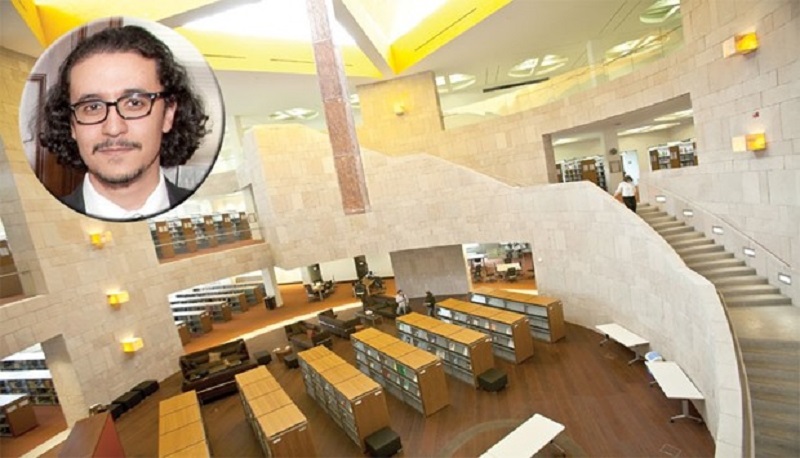


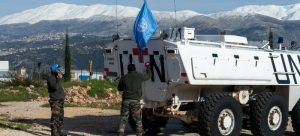



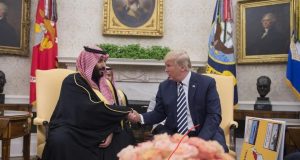

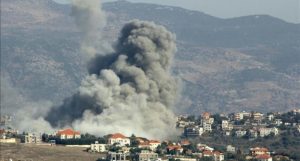
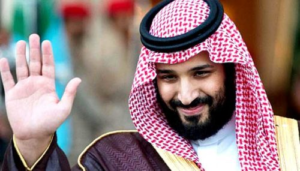
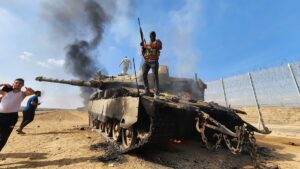
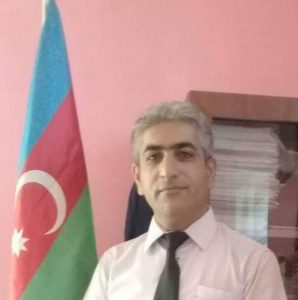
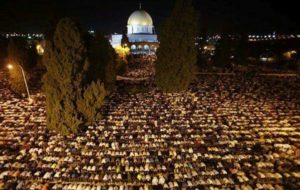
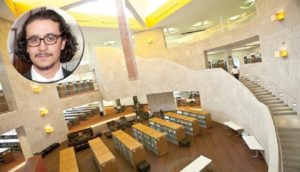
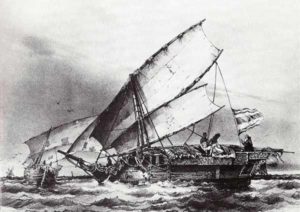
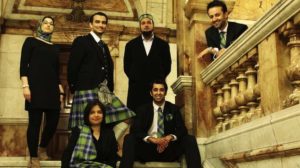













 Mina Indonesia
Mina Indonesia Mina Arabic
Mina Arabic